About
Since establishment of Government College Bilaspur in year 1952, The History Department is a vibrant and integral part of this academic institution, dedicated to the exploration, analysis, and understanding of the past. department provides students with the opportunity to delve into various historical periods, events, and themes, fostering critical thinking, analytical skills, and a deeper appreciation for the complexities of human experience. History is the study of past, encompassing ever thing from the evolution of human societies to political events, cultural changes, technological advancements and more. It involves analysing primary sources, secondary literature, and various interpretations to understand how and why events unfolded. It is a multidisciplinary field that incorporates elements of anthropology, sociology, economics, politics and geography
- Program- Bachelor in History
- Combination offered- Economics, Education, Physical education, Sociology, Tour & Travel management, English, Geography, Hindi, Sanskrit.
- Sanctioned post – 01
- Filled post - 01
Vision
Empowering students by providing the best infrastructure to achieve excellence in education by maintaining high standards in teaching, making them responsible citizens, providing value-based education to focus on character building and identify their hidden talents. Cultivate a vibrant intellectual community and foster a deep understanding of the past.
Mission
To strive for Quality Education for all and prepare young minds for imbibing knowledge, skills and sensitivity. Ultimately empower students to become informed, engaged, and responsible citizens who understand the complexities of the past and its impact on the present and future.
Objectives
- Understanding the Past: The primary objective of studying history is to understand the events, movements, and developments that have shaped human societies throughout time. By exploring historical contexts, individuals gain insight into the origins of contemporary institutions, beliefs, and practices.
- Developing Critical Thinking Skills: History education promotes critical thinking by teaching students to analyse, interpret, and evaluate historical sources, arguments, and narratives. By examining different perspectives and weighing evidence, students develop the ability to think critically and make informed judgments.
- Fostering Historical Literacy: Studying history fosters historical literacy by familiarizing students with key historical concepts, themes, and methodologies. This includes understanding historical terminology, interpreting primary and secondary sources, and engaging with historical debates and interpretations.
- Promoting Cultural Awareness and Diversity: History education promotes cultural awareness by exposing students to the diversity of human cultures, experiences, and perspectives. By studying different societies and civilizations, students gain appreciation for cultural differences and develop empathy for people from diverse backgrounds.
- Connecting the Past and Present: History helps students connect the past and present by identifying continuities, changes, and patterns over time. By tracing historical developments, students gain insight into the origins of contemporary issues and trends, enabling them to better understand current events and phenomena.
- Strengthening Citizenship and Civic Engagement: History education promotes citizenship and civic engagement by fostering an understanding of democratic principles, civic responsibilities, and the role of individuals in shaping society. By studying historical movements and struggles, students are inspired to participate in civic life and advocate for positive social change.
- Enhancing Communication Skills: Studying history enhances communication skills by requiring students to articulate their ideas, arguments, and interpretations effectively. Through writing essays, giving presentations, and participating in discussions, students develop the ability to communicate complex historical concepts clearly and persuasively.
- Encouraging Lifelong Learning: History education encourages lifelong learning by instilling a curiosity about the past and a desire to continue exploring historical topics beyond the classroom. By cultivating a passion for history, students develop habits of inquiry, curiosity, and intellectual curiosity that extend beyond formal education.
- Overall, the objectives of studying history encompass the acquisition of knowledge, the development of critical thinking skills, and the cultivation of empathy, cultural prepares students to be informed, engaged, and responsible members of society.
About
Since establishment of Government College Bilaspur in year 1952, The History Department is a vibrant and integral part of this academic institution, dedicated to the exploration, analysis, and understanding of the past. department provides students with the opportunity to delve into various historical periods, events, and themes, fostering critical thinking, analytical skills, and a deeper appreciation for the complexities of human experience. History is the study of past, encompassing ever thing from the evolution of human societies to political events, cultural changes, technological advancements and more. It involves analysing primary sources, secondary literature, and various interpretations to understand how and why events unfolded. It is a multidisciplinary field that incorporates elements of anthropology, sociology, economics, politics and geography
- Program- Bachelor in History
- Combination offered- Economics, Education, Physical education, Sociology, Tour & Travel management, English, Geography, Hindi, Sanskrit.
- Sanctioned post – 01
- Filled post - 01
Vision
Empowering students by providing the best infrastructure to achieve excellence in education by maintaining high standards in teaching, making them responsible citizens, providing value-based education to focus on character building and identify their hidden talents. Cultivate a vibrant intellectual community and foster a deep understanding of the past.
Mission
To strive for Quality Education for all and prepare young minds for imbibing knowledge, skills and sensitivity. Ultimately empower students to become informed, engaged, and responsible citizens who understand the complexities of the past and its impact on the present and future.
Objectives
- Understanding the Past: The primary objective of studying history is to understand the events, movements, and developments that have shaped human societies throughout time. By exploring historical contexts, individuals gain insight into the origins of contemporary institutions, beliefs, and practices.
- Developing Critical Thinking Skills: History education promotes critical thinking by teaching students to analyse, interpret, and evaluate historical sources, arguments, and narratives. By examining different perspectives and weighing evidence, students develop the ability to think critically and make informed judgments.
- Fostering Historical Literacy: Studying history fosters historical literacy by familiarizing students with key historical concepts, themes, and methodologies. This includes understanding historical terminology, interpreting primary and secondary sources, and engaging with historical debates and interpretations.
- Promoting Cultural Awareness and Diversity: History education promotes cultural awareness by exposing students to the diversity of human cultures, experiences, and perspectives. By studying different societies and civilizations, students gain appreciation for cultural differences and develop empathy for people from diverse backgrounds.
- Connecting the Past and Present: History helps students connect the past and present by identifying continuities, changes, and patterns over time. By tracing historical developments, students gain insight into the origins of contemporary issues and trends, enabling them to better understand current events and phenomena.
- Strengthening Citizenship and Civic Engagement: History education promotes citizenship and civic engagement by fostering an understanding of democratic principles, civic responsibilities, and the role of individuals in shaping society. By studying historical movements and struggles, students are inspired to participate in civic life and advocate for positive social change.
- Enhancing Communication Skills: Studying history enhances communication skills by requiring students to articulate their ideas, arguments, and interpretations effectively. Through writing essays, giving presentations, and participating in discussions, students develop the ability to communicate complex historical concepts clearly and persuasively.
- Encouraging Lifelong Learning: History education encourages lifelong learning by instilling a curiosity about the past and a desire to continue exploring historical topics beyond the classroom. By cultivating a passion for history, students develop habits of inquiry, curiosity, and intellectual curiosity that extend beyond formal education.
- Overall, the objectives of studying history encompass the acquisition of knowledge, the development of critical thinking skills, and the cultivation of empathy, cultural prepares students to be informed, engaged, and responsible members of society.





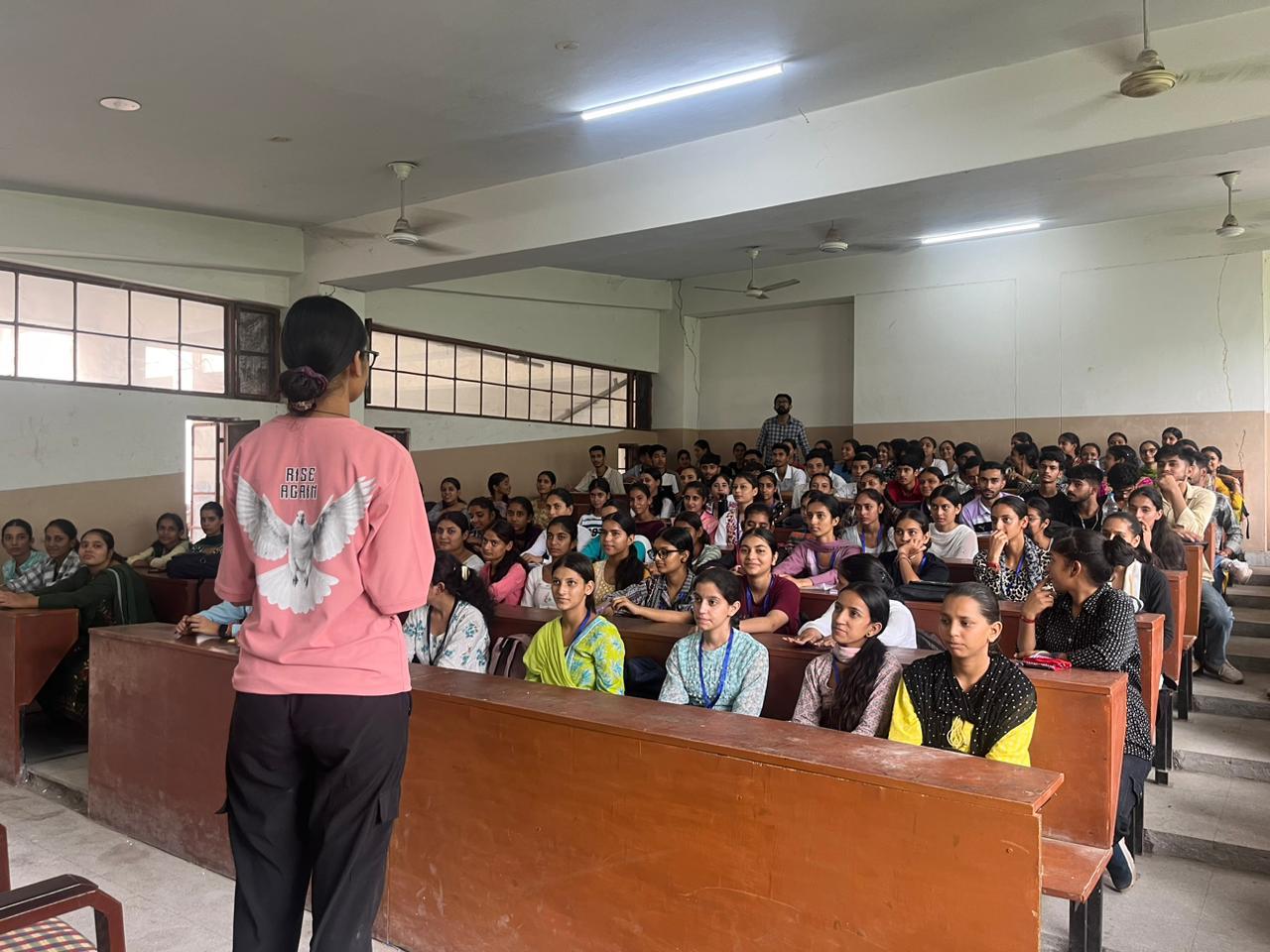
.jpeg)
.jpeg)
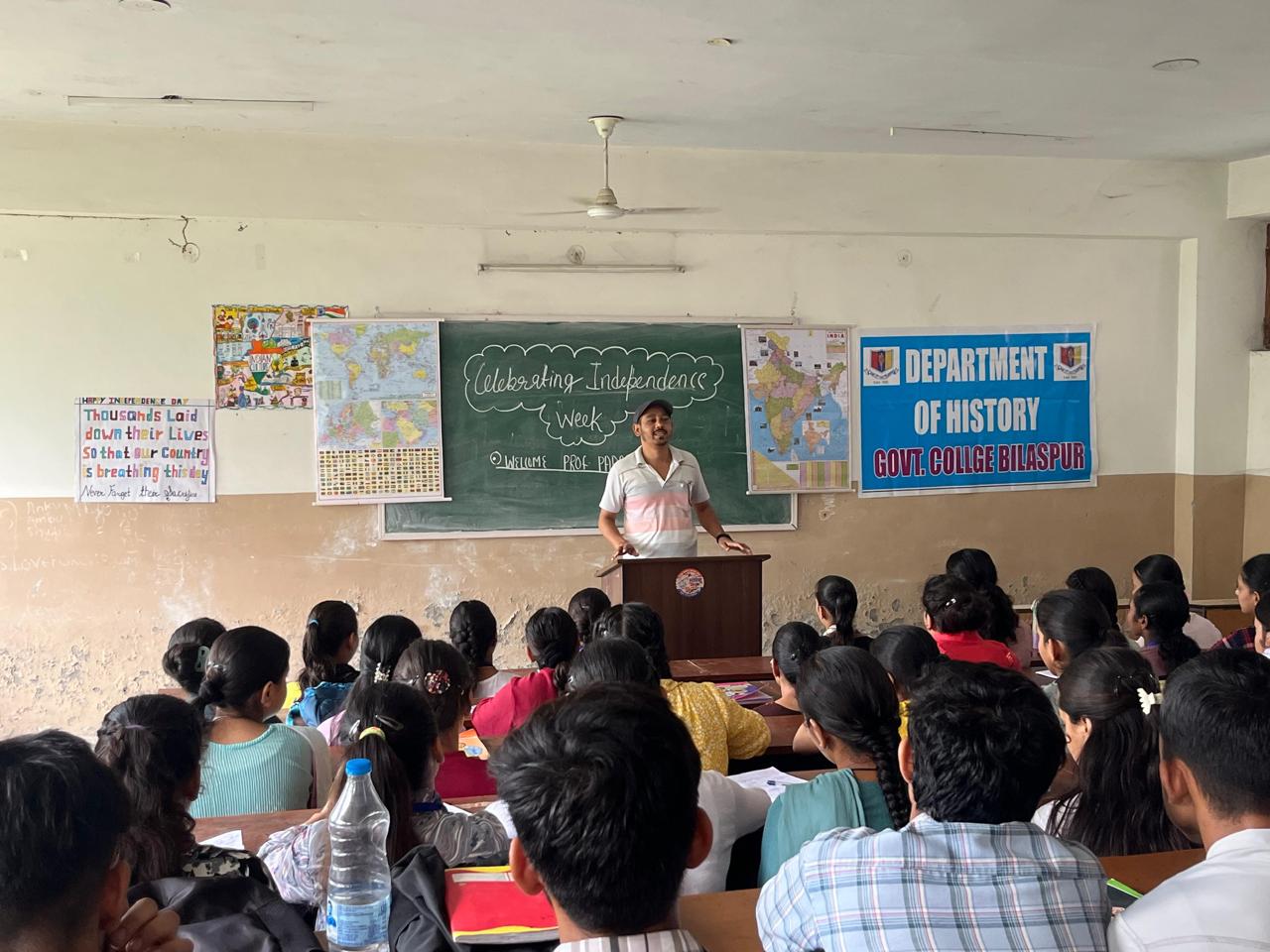
.jpeg)
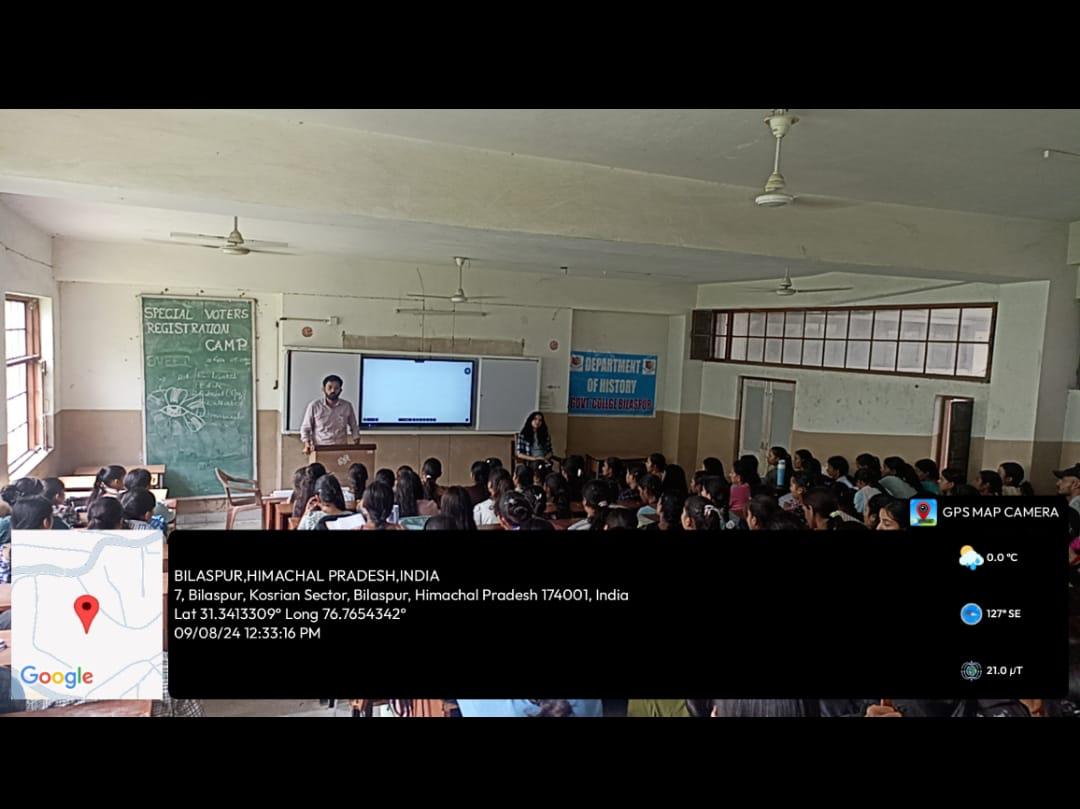
.jpeg)
.jpeg)
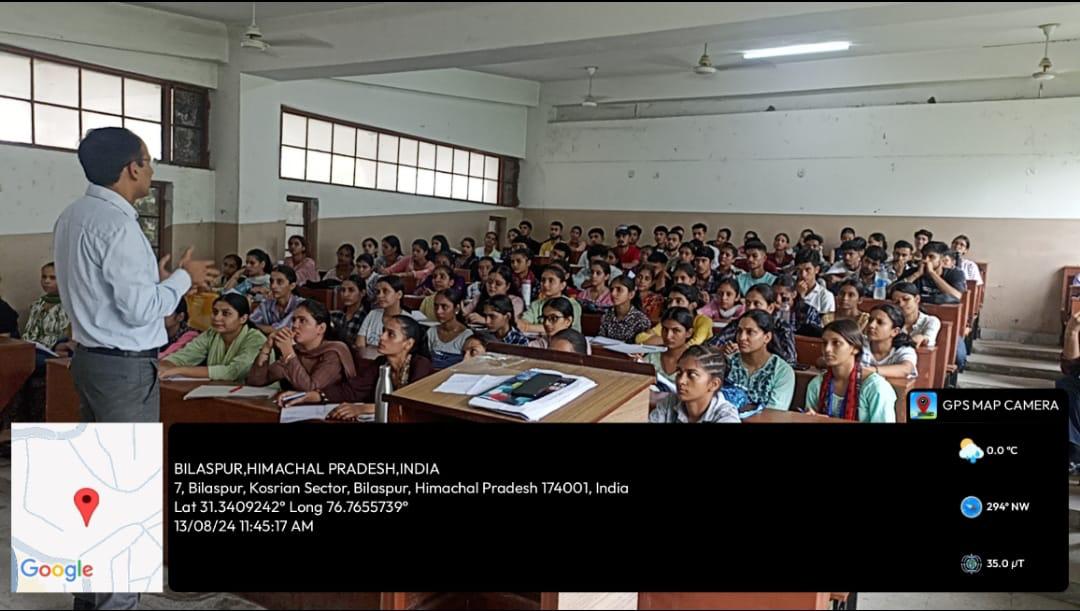
.jpeg)
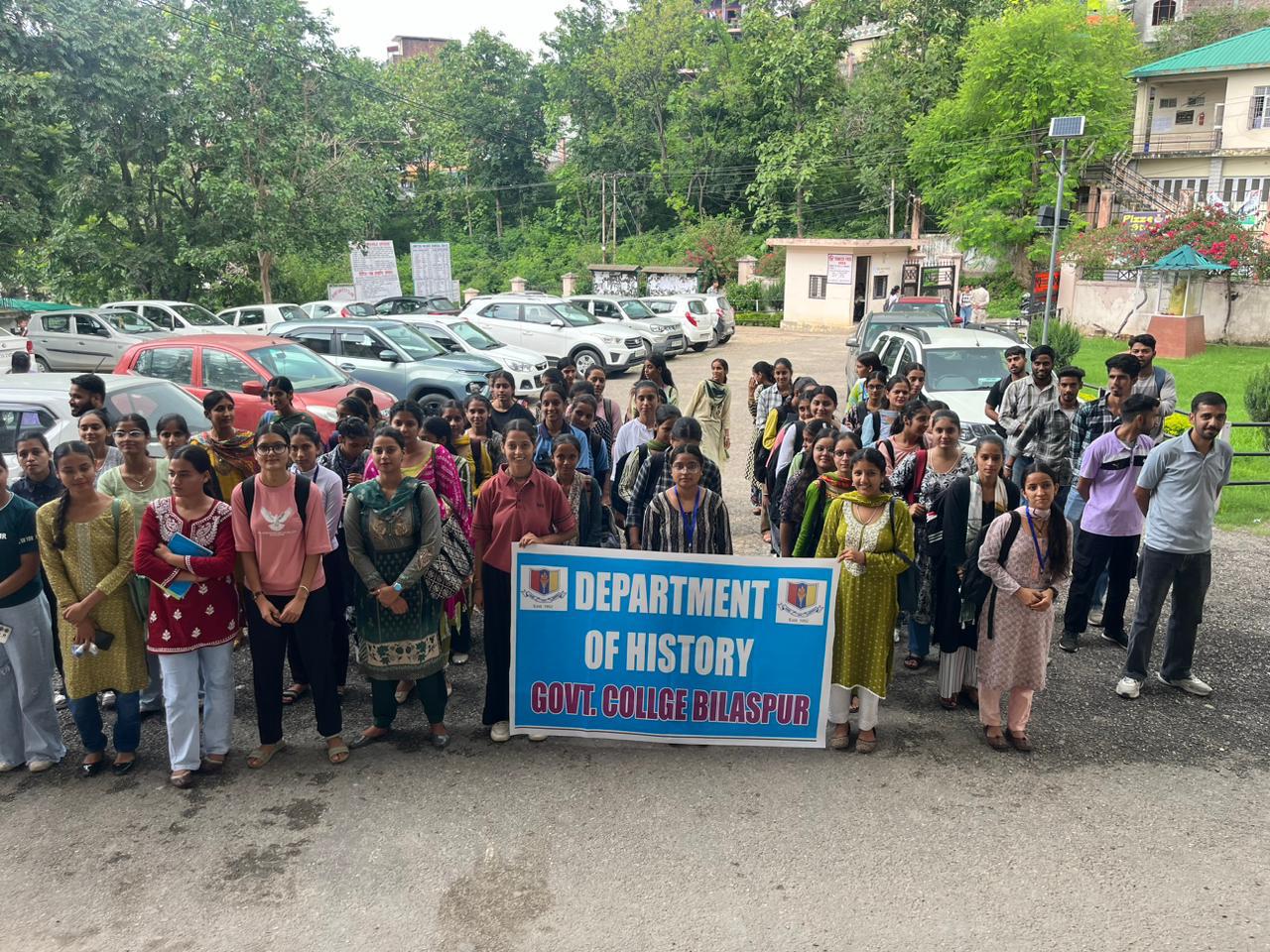
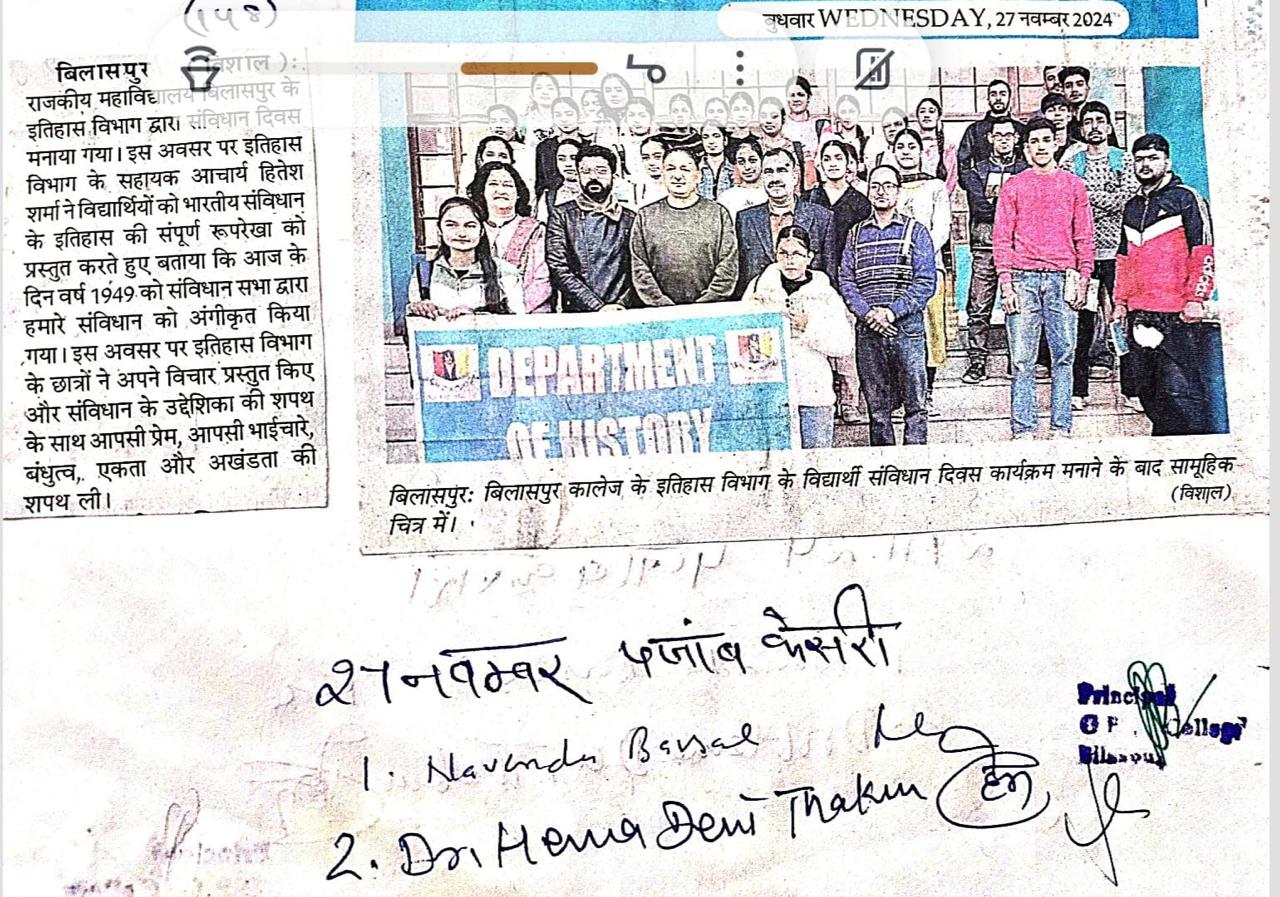
.jpeg)
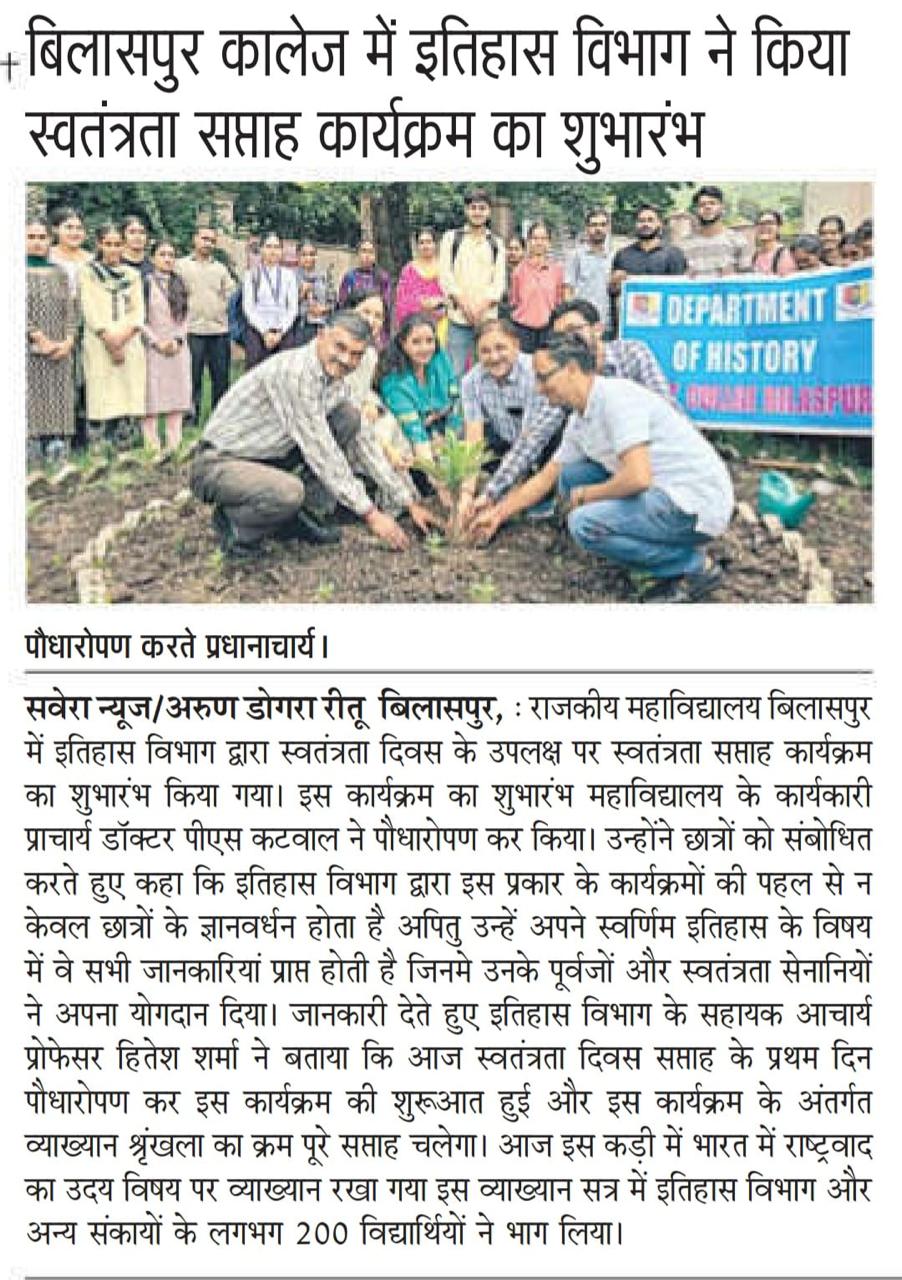
.jpeg)
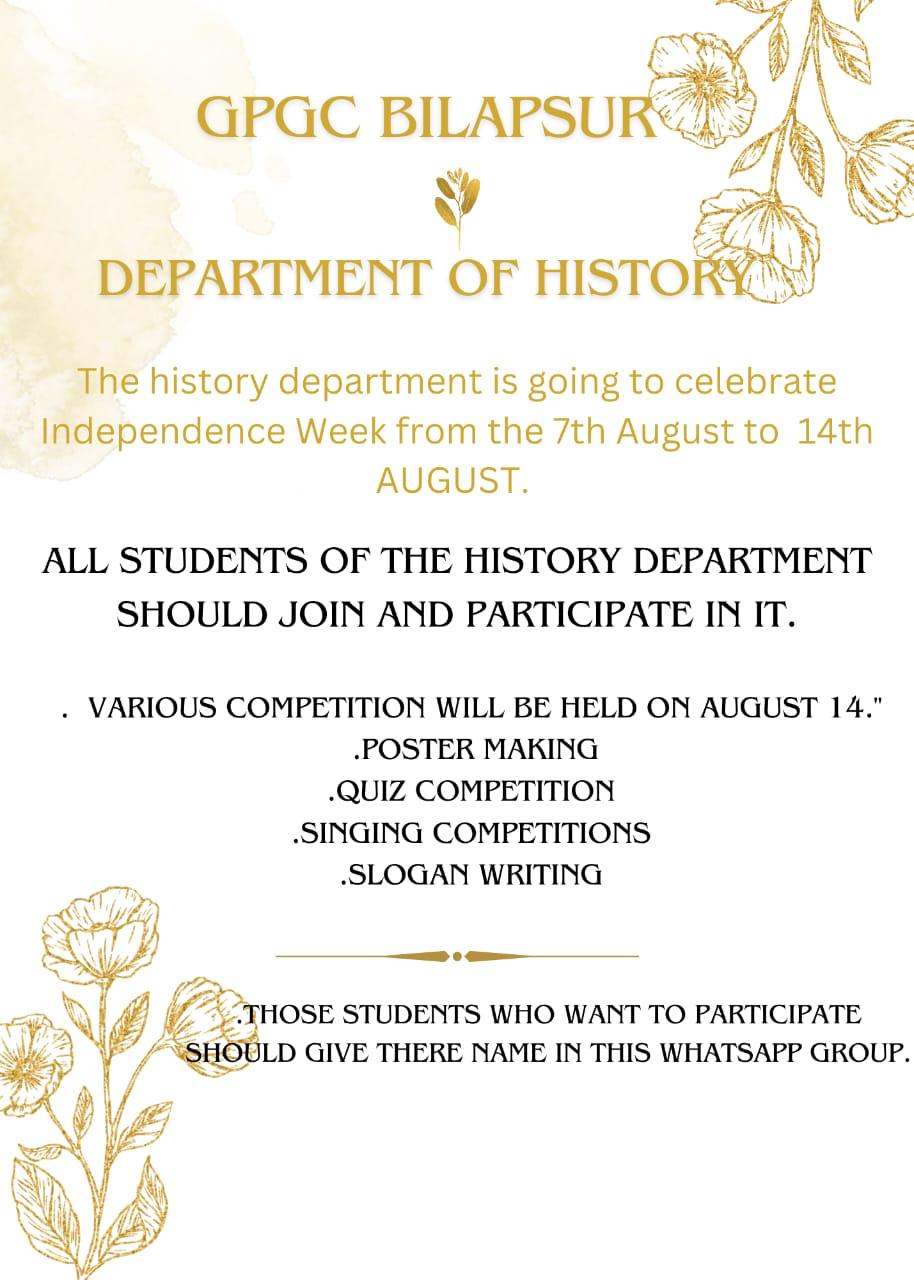
.jpeg)


















